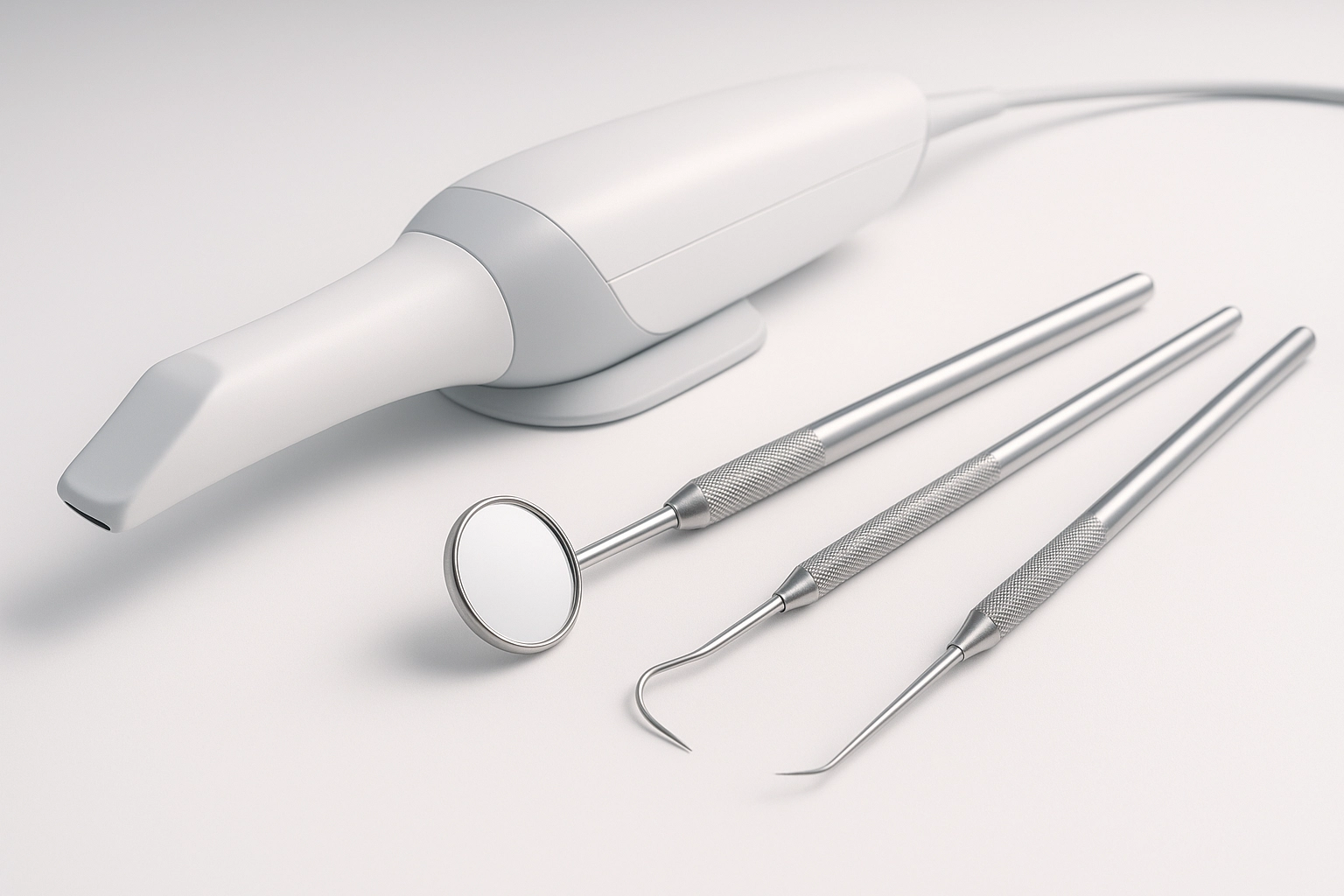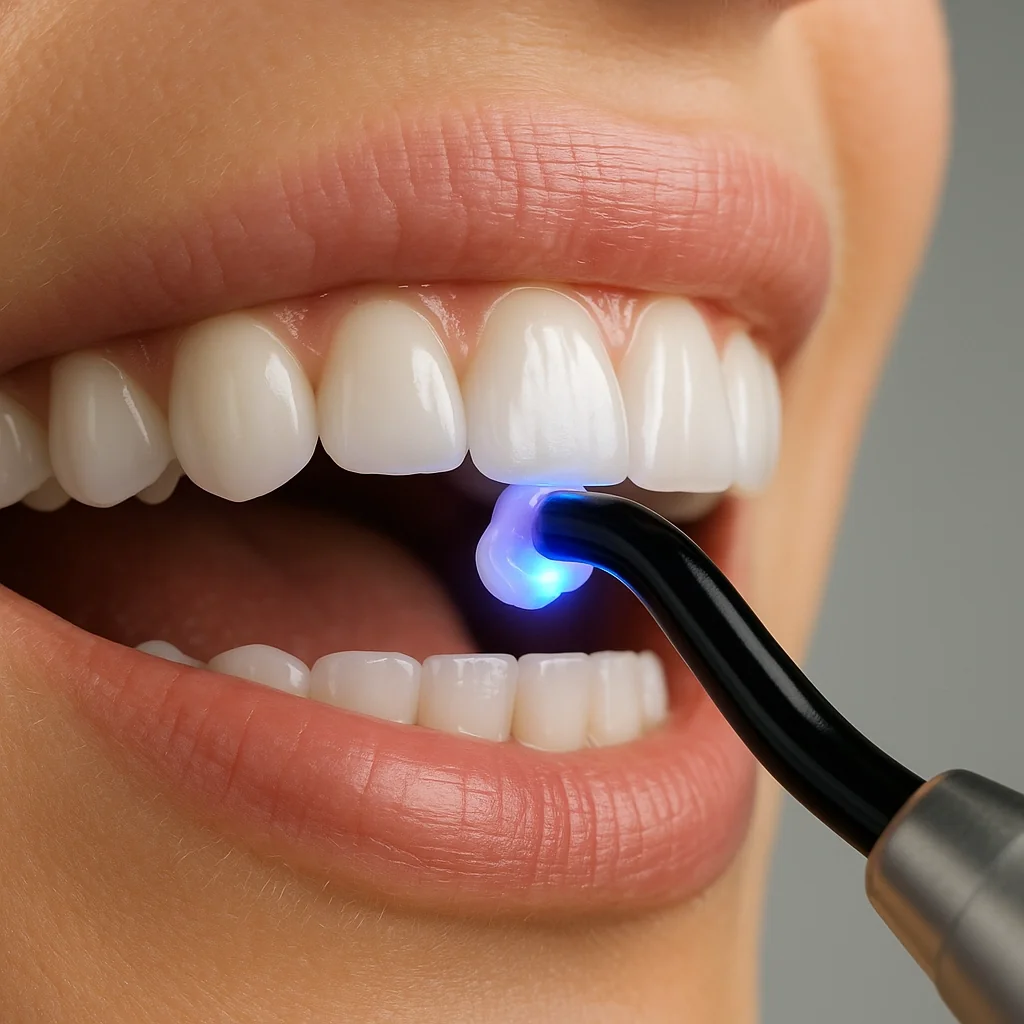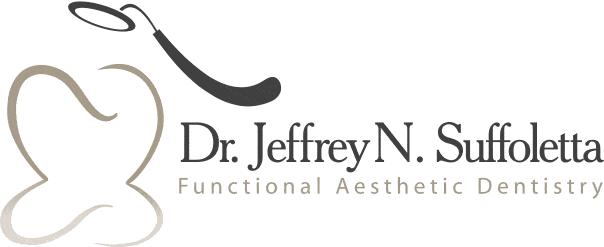Your Mouth Matters
How Poor Oral Health Secretly Damages Your Heart, Brain, and Overall Wellness
Your mouth serves as more than just the gateway for food and conversation: it’s actually a critical entry point that directly impacts your entire body’s health. Poor oral hygiene doesn’t simply lead to cavities and bad breath; it creates a cascade of serious health problems that can silently damage your cardiovascular system, cognitive function, and overall wellness.
When harmful bacteria flourish in your mouth due to inadequate dental care, they don’t remain confined to your teeth and gums. Instead, these microorganisms travel through your bloodstream, triggering inflammatory responses that can affect organs throughout your body. Understanding this connection reveals why maintaining excellent oral health represents far more than cosmetic care: it’s essential preventive healthcare.
How Poor Oral Health Affects Memory and Cognitive Function
The relationship between your mouth and brain represents one of the most surprising discoveries in modern healthcare. Research has revealed that poor oral hygiene, particularly conditions like gingivitis and periodontitis, can contribute to significant cognitive decline over time.
When infections and bacteria in your mouth enter your bloodstream, they can potentially reach your brain and increase the risk of conditions like dementia. Studies conducted by Rutgers University found that participants with poor oral hygiene demonstrated a higher risk of memory loss, attention issues, and impaired learning abilities compared to those who maintained good dental health.
The hippocampus region of your brain: responsible for memory formation and often affected by Alzheimer’s disease: appears particularly vulnerable to the effects of poor oral health. Researchers tracking over a hundred participants found a strong link between poor oral health and an increased risk of cognitive decline, especially in older adults.
The mechanism behind this connection involves bacterial migration from infected gums into the bloodstream. These bacteria can cross the blood-brain barrier, triggering inflammatory responses in brain tissue that may contribute to:
-
- Memory problems and difficulty concentrating
- Increased risk of developing dementia
- Accelerated cognitive aging
- Potential damage to neural pathways
Fortunately, maintaining good oral hygiene can help protect your cognitive function. Regular brushing, flossing, and professional dental cleanings create a barrier against harmful bacteria that might otherwise compromise your brain health.
The Hidden Connection Between Gums and Heart Disease
Your oral cavity acts as a direct pathway to your cardiovascular system, creating serious implications for heart health that many people don’t realize exist. When harmful bacteria flourish in your mouth due to poor dental hygiene or untreated gum disease, these microorganisms travel through your bloodstream, triggering widespread inflammatory responses throughout your body.
Individuals with severe gum disease face significantly higher risks of heart attacks. The bacterial migration from infected gums triggers your immune system to respond with systemic inflammation, which researchers now recognize as a significant contributor to arterial damage. The same bacteria that cause gum inflammation have been discovered embedded within the fatty deposits that clog heart arteries, providing compelling evidence that dental health directly influences cardiac function.
This inflammation becomes systemic, affecting blood vessels throughout your body and potentially leading to atherosclerosis: the hardening and narrowing of arteries that supply your heart with oxygen-rich blood. Studies show that poor oral health can lead to heart disease by contributing to:
-
- Hardening of arteries (atherosclerosis)
- Formation of blood clots that could lead to heart attacks
- Increased risk of stroke
- Elevated blood pressure
- Irregular heart rhythms
The connection proves especially significant for men, who show higher rates of cardiovascular complications related to poor oral health. However, women also face increased risks, particularly after menopause when hormonal changes can make gums more susceptible to bacterial infections.

Additional Health Systems at Risk
The effects of poor dental health extend to multiple organ systems throughout your body, creating a web of interconnected health consequences that researchers continue to uncover. When bacteria from your gums enter the bloodstream, they can affect various organs beyond just the heart and brain.
Respiratory System Impact
When bacteria in your mouth are inhaled into your lungs, they raise the risk of respiratory infections including pneumonia. This proves particularly dangerous for elderly individuals or those with compromised immune systems, as oral bacteria can contribute to serious lung conditions that require hospitalization.
Digestive System Complications
Poor oral health can affect your digestive system in multiple ways. Inadequate chewing due to dental problems impacts proper digestion, while harmful oral bacteria that travel to your stomach can disrupt the balance of beneficial gut bacteria, potentially contributing to digestive disorders.
Immune System Strain
Poor oral health creates a state of chronic inflammation that can worsen overall health over time. The inflammatory response triggered by oral bacteria doesn’t remain localized but becomes a systemic problem that affects multiple body systems simultaneously, putting constant strain on your immune system.
Pregnancy and Reproductive Health
Pregnant women with gum disease face increased risks of premature birth and low birth weight babies. The inflammatory compounds produced by oral infections can affect pregnancy outcomes, making dental care particularly crucial during this critical time.

The Science Behind the Connection: Understanding Bacterial Migration
The connection between oral health and systemic disease operates through several well-documented pathways that researchers have identified through extensive studies. Understanding these mechanisms helps explain why your dentist’s recommendations about brushing and flossing carry implications far beyond your smile.
Bacterial Translocation
Bacterial translocation occurs when harmful oral bacteria enter your bloodstream through inflamed or bleeding gums. These bacteria then travel to distant organs, where they can establish infections or trigger inflammatory responses. Even minor bleeding during routine activities like brushing your teeth can provide entry points for bacteria.
Inflammatory Cascade
The inflammatory cascade initiated by poor oral health creates a chronic state of systemic inflammation that damages blood vessels, affects cognitive function, and compromises immune system effectiveness. This explains why conditions like heart disease and diabetes often worsen in patients with poor oral health.
Shared Risk Factors
Many risk factors contribute to both oral health problems and systemic diseases. These include smoking, poor diet, stress, and inadequate healthcare access. Addressing these underlying factors can simultaneously improve both oral and overall health outcomes.
Taking Action: Prevention Strategies That Protect Your Entire Body
Understanding the connections between oral health and systemic wellness empowers you to take proactive steps that protect your entire body. The good news is that maintaining excellent oral hygiene provides benefits that extend far beyond your mouth.
Daily Prevention Essentials
- Brush your teeth twice daily with fluoride toothpaste for at least two minutes
- Floss daily to remove bacteria and food particles between teeth
- Use an antimicrobial mouthwash to reduce harmful bacteria
- Replace your toothbrush every three to four months
- Avoid tobacco products, which significantly increase infection risks
Professional Care Requirements
Regular dental checkups and professional cleanings play a crucial role in preventing the bacterial buildup that can lead to systemic health problems. Your dental team can identify early signs of gum disease and provide treatments that prevent bacteria from entering your bloodstream.
Lifestyle Factors That Matter
- Maintain a balanced diet rich in fruits and vegetables
- Limit sugary and acidic foods that feed harmful bacteria
- Stay hydrated to support saliva production, which naturally cleanses your mouth
- Manage stress, which can weaken your immune system and worsen gum disease
- Get adequate sleep to support your body’s natural healing processes
The evidence clearly demonstrates that excellent oral health represents a cornerstone of overall wellness. By maintaining good dental hygiene habits and working with your dental care team, you’re not just protecting your teeth and gums: you’re safeguarding your heart, brain, and entire body against serious health complications.
If you haven’t had a dental checkup recently, or if you’re experiencing signs of gum disease such as bleeding, swelling, or persistent bad breath, consulting with a dental professional can help you develop a comprehensive oral health strategy that protects your overall wellness for years to come.



